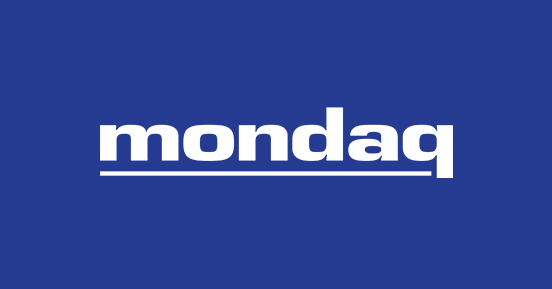The Development Finance Institutions Act , 2020 (Act 1032) (the "Act") was passed by the Ghanaian Parliament and received Presidential assent on 27thOctober, 2020. The Act establishes a framework for the licensing, regulation and supervision of Development Finance Institutions (DFI’s) within the country.
Development finance business is defined in the Act to mean the " provision of short, medium and long term funding, guarantees and other credit enhancement structures to key sectors of the economy in a financially sustainable manner ." Any person that intends to engage in this business must be a body corporate registered under Ghanaian law and must obtain a license from the Bank of Ghana (BoG). Notably, however, the Act does not apply to DFI’s governed by a multilateral treaty or under sovereign bilateral agreements such as the World Bank, African Development Bank,
The Bank of Ghana is assigned the role of regulating and supervising DFI’s in the country and is responsible for issuing licenses as well as granting approval to foreign DFI’s to set up representative offices in Ghana. Persons intending to obtain a license must send a written application to the Bank of Ghana accompanied by several stated documents and the particulars of the company, proposed directors and key management staff as well as pay the relevant processing fees. There are four license classes available namely; (Class 1 license) -DFIs which provide for wholesale development finance;(Class 2 license) DFIs which provide retail development finance, (Class 3 license)- DFIs which provide guarantee development finance; and Class 4 license) -DFIs which provide a combination of any of the three (
While DFIs are permitted to engage in direct and indirect debt or equity financing, refinancing and loan syndication amongst other related activities, they cannot engage in the acceptance of any type of deposits. DFIs must comply with the liquidity and minimum paid-up capital (i.e. initial funds required to start-up a DFI and the operational start-up costs prescribed by BoG) requirements and accompanying calculations prescribed for their license class by the Bank of Ghana. They are also required to set up a Reserve Fund where a portion of the net profits for the year are transferred into, calculated based on the proportion of the amount in the fund to their paid-up capital. Notably, DFIs must invest a minimum of 75% of loanable funds in medium (3-7years) and long term (exceeding 7 years) loans and no more than 25% in […]
